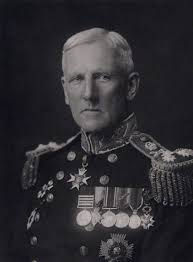What I would buy with a spare £50,000
- Shaun Lewis
- Jan 10, 2022
- 2 min read
In my latest novel They Have No Graves as Yet I honour the men of the #royalnavy mine disposal units during WW2. As such, I was very interested to read last week that the medals of John Duppa-Miller GC are to be sold by his family and are expected to realise £50,000 at auction. Considering the risks Duppa-Miller took, it seems a small price to pay.
A graduate of Hertford College, Oxford, Duppa-Miller originally trained for ordination as a priest, but then chose a career in education administration. In August 1940, aged 37, he volunteered to join the Royal Navy Volunteer Reserve. Soon after his basic training, he was one of the first twelve officers to volunteer for training to deal with Hitler's new secret weapon, the parachute-landed magnetic mine.
Duppa-Miller was awarded his George Cross for defuzing a mine in the mud of the River Roding, near Loughton in Essex.
However, some time later, he was to carry out an even more dangerous and courageous act. Lying on his back in a puddle on a viaduct outside London Bridge station, he attempted to defuze the mine. Working with his arms above him, he heard the clock of the fuze start ticking. He had 17 to 22 seconds to run and he did just that, but the mine didn't explode as the clock had stopped. He was under orders that no damage was acceptable, even if it meant sacrificing his life, so he returned to the mine and restarted work on it. The same thing happened. On this occasion, he had a cup of tea, before making a third attempt at defuzing the mine, this time successfully. For his gallantry, he was recommended for a bar to his George Cross. Had the recommendation been accepted, he would have been the only person to receive such an award, but instead he was awarded a King's Commendation for Bravery.







Comments